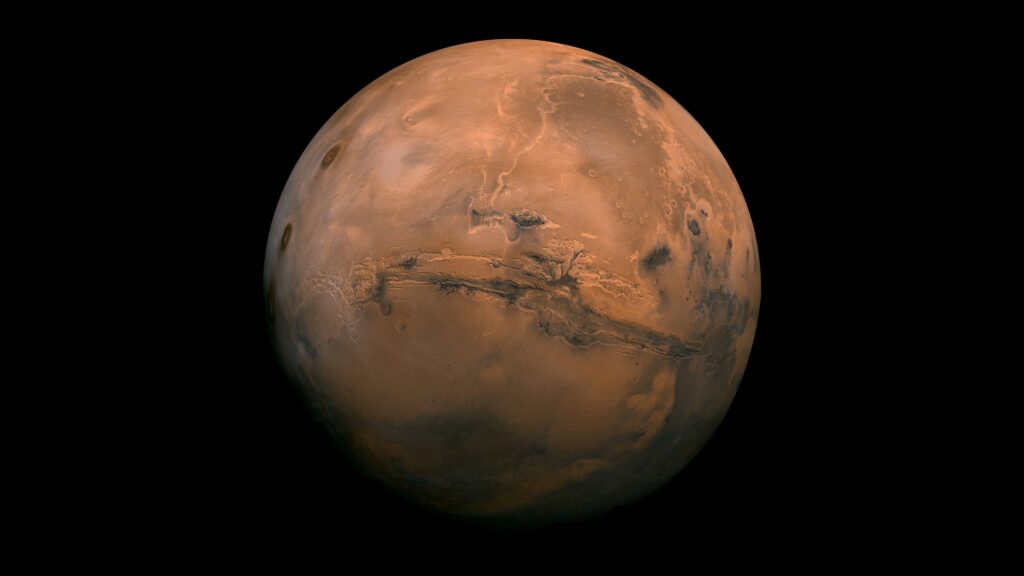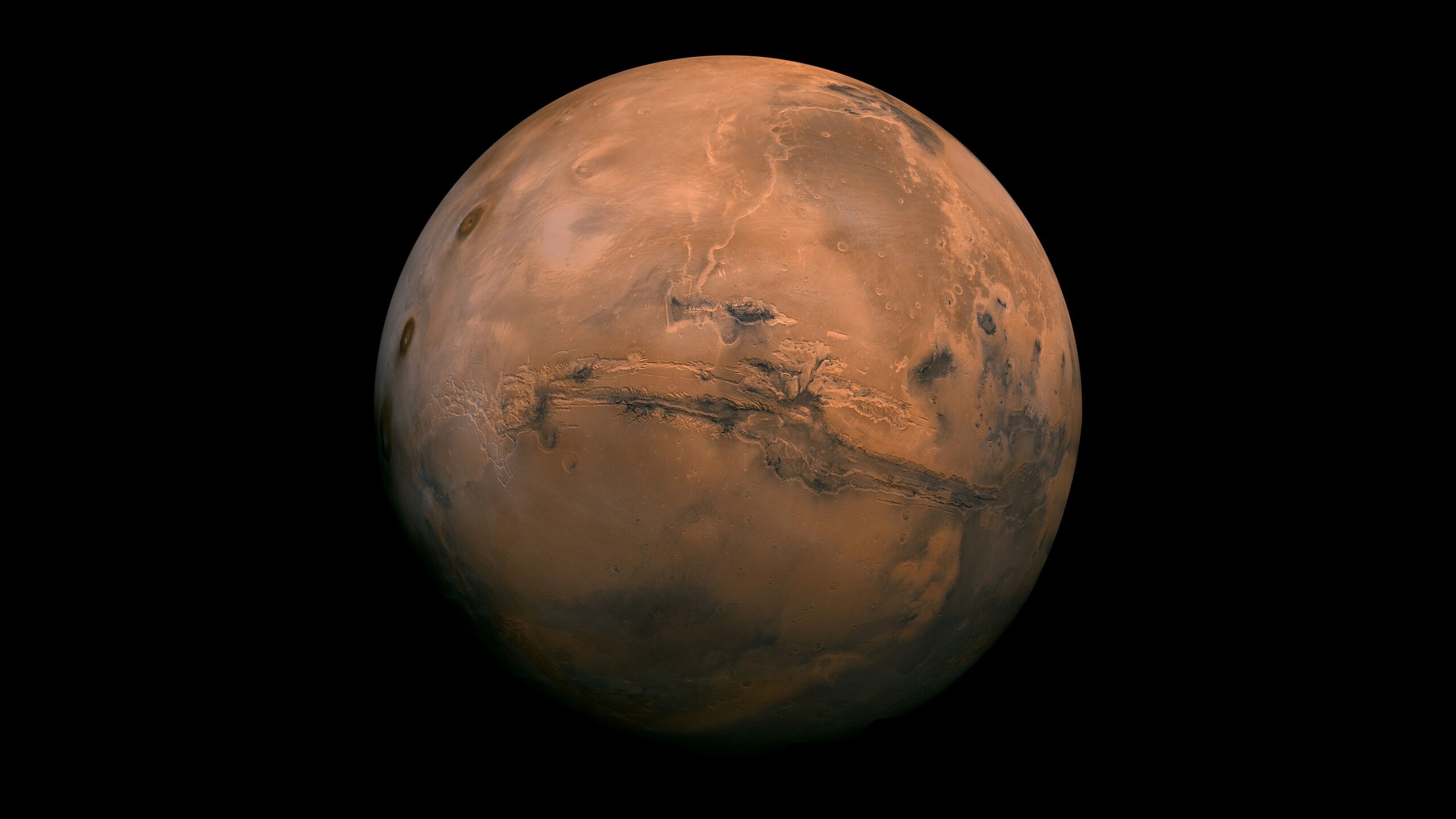
The idea of humans migrating to Mars has been a topic of scientific and public interest for several decades. While the prospect of colonizing Mars seems exciting, it is also a complex and challenging task that requires significant technological advancements and planning. In this essay, we will explore the current state of Mars exploration and colonization efforts, the challenges that must be addressed, and the potential benefits of human migration to Mars.
Current State of Mars Exploration and Colonization
The exploration of Mars began with the Mariner 4 spacecraft in 1965, and since then, several missions have been sent to Mars to study its atmosphere, geology, and potential for supporting life. The most recent and ambitious of these missions is NASA’s Perseverance rover, which landed on Mars in February 2021. Perseverance is equipped with advanced scientific instruments that can analyze the Martian environment and search for signs of past or present microbial life.
While robotic missions to Mars have provided us with valuable information about the planet, the ultimate goal is to send humans to Mars and establish a permanent human settlement. There are several organizations and governments that are actively working towards this goal. NASA has plans to send humans to Mars in the 2030s as part of their Artemis program, which aims to establish a sustainable presence on the Moon before sending humans to Mars. NASA’s plans for Mars include sending multiple missions to the planet to establish a habitable environment and to support human exploration and research.
SpaceX, a private space company founded by Elon Musk, has announced even more ambitious plans for Mars. Musk has stated that he aims to establish a permanent settlement on Mars with a population of one million people. SpaceX plans to achieve this goal by developing advanced reusable spacecraft that can transport humans and supplies to Mars at a lower cost than current spacecraft. SpaceX’s first planned mission to Mars is the Starship spacecraft, which is designed to carry up to 100 people to Mars at a time.
Challenges of Human Migration to Mars
While the idea of human migration to Mars is exciting, there are significant challenges that need to be overcome before it can become a reality. These challenges include technological, logistical, and ethical considerations.
Technological Challenges
One of the biggest challenges of sending humans to Mars is developing the necessary technology to make it possible. This includes developing advanced propulsion systems that can transport humans to Mars and back, as well as developing life support systems that can sustain humans for long periods in the harsh Martian environment.
The journey to Mars takes several months, and during this time, astronauts would be exposed to high levels of radiation from cosmic rays and solar flares. To mitigate this risk, spacecraft would need to be equipped with radiation shielding, and astronauts would need to be monitored for radiation exposure.
Once on Mars, astronauts would need to live in a habitat that can protect them from the harsh Martian environment, which includes extreme temperature variations, high levels of radiation, and a thin atmosphere that provides little protection from cosmic rays. The habitat would need to be equipped with advanced life support systems that can generate oxygen, recycle water, and produce food.
Logistical Challenges
In addition to the technological challenges, there are significant logistical challenges associated with sending humans to Mars. One of the biggest challenges is the cost of such a mission. Sending humans to Mars would require a significant investment of resources, and it is currently unclear where this funding would come from.
Another challenge is the transportation of supplies and equipment to Mars. In order to establish a permanent human settlement on Mars, we would need to transport large amounts of supplies and equipment to the planet. This would require multiple spacecraft launches and would be a complex logistical undertaking.
Ethical Challenges
Finally, there are ethical challenges associated with sending humans to Mars. One of the main concerns is the potential impact on the Martian environment.




コメント